READ MORE
Our Brands
- Announcements
- Debt Investors
- Supporting our clients
Investor Relations
- Announcements
Our Brands
SFDR Disclosure
Lorem ipsum dolor sit amet, consectetur adipiscing elit, sed do eiusmod tempor incididunt ut labore et dolore magna aliqua.
TP ICAP Group plc
Response to the EU’s Sustainable Finance Disclosure Regulation (‘SFDR’)
TP ICAP Group is a world-leading liquidity and data solutions specialist. Our purpose is to provide clients with access to global financial and commodities markets, improving price discovery, liquidity, and distribution of data, through responsible and innovative solutions.
As an interdealer broker, the SFDR requirements do not apply directly to TP ICAP Group (‘TP ICAP’). The statement below is intended to support TP ICAP’s investors to meet their own SFDR reporting requirements
Indicator | Definition | TP ICAP response |
1. GHG Emissions | Scope 1, 2, 3 and total emissions. | We follow the Greenhouse Gas Protocol in calculating and, where necessary, estimating our emissions. We report our corporate emissions under the operational control method. We therefore account for 100% of the greenhouse gas (‘GHG’) emissions where we have operational control. This includes TP ICAP and its subsidiaries. TP ICAP’s 2024 GHG emissions Further information is available on page 73 of our 2024 Annual Report & Accounts (pdf). |
2. Carbon footprint | Carbon footprint. | TP ICAP’s carbon footprint can be calculated using the information above. |
3. GHG intensity of investee companies | GHG intensity of investee companies. | TP ICAP tonnes CO2e per £1m revenue: 23.27 tCO2e per £1m revenue. |
4. Exposure to companies active in the fossil fuel sector | Share of investments in companies active in the fossil fuel sector. | TP ICAP is an interdealer broker acting as an intermediary between market participants, covering a wide variety of markets including energy and commodities. TP ICAP does not derive any revenue from exploration, mining, extraction or production of fossil fuels. |
5. Share of non-renewable energy consumption and production | Share of non-renewable energy consumption and non-renewable energy production of investee companies from non-renewable energy sources compared to renewable energy sources, expressed as a percentage of total energy scores. | TP ICAP’s energy consumption derives from office and data centre usage. Although we lease our office and data centre spaces and do not directly control our utility providers or energy tariffs, we are working with our landlords, and other third-party suppliers, to increase our use of renewable energy We continue to report our market-based Scope 2 footprint (see page 73), which includes the renewable energy used in our operations. This year, 39% of our total purchased electricity came from renewable sources, with 100% of the electricity we use in the UK being renewable. We will continue to work closely with our landlords and third-party suppliers to increase this percentage over time. |
6. Energy consumption intensity per high impact climate sector | Energy consumption in GWh per million EUR of revenue of investee companies, per high impact climate sector. | TP ICAP’s industry group does not fall within the definition of a high impact climate sector. |
7. Activities negatively affecting biodiversity-sensitive areas | Share of investments in investee companies with sites/operations located in or near to biodiversity-sensitive areas where activities of those investee companies negatively affect those areas. | As a financial services infrastructure provider, our operational footprint is primarily leased building premises in financial districts within city centers. As such, we do not consider our operational activities as having a material impact on biodiversity-sensitive areas. TP ICAP’s Supplier Code of Conduct sets out our expectations with regards to environmental sustainability. |
8. Emissions to water | Tonnes of emissions to water generated by investee companies per million EUR invested, expressed as a weighted average. | TP ICAP's water consumption is solely for the purposes of office washroom and kitchen facilities. Our ability to impact office water saving initiatives at our facilities is low, given that we lease our office space. We work closely with our landlords to understand and manage our water use. Water data collected across our offices varies in availability and consequently we do not have a complete view of our water consumption. However, we do not consider our emissions to water to be material given the types of usage. |
9. Hazardous waste and radioactive waste ratio | Tonnes of hazardous waste and radioactive waste generated by investee companies per million EUR invested, expressed as a weighted average. | Any hazardous waste produced as a result of TP ICAP's business would relate to either (a) office cleaning products, or (b) waste electrical and electronic equipment (‘WEEE’), some of which is considered hazardous. We do not currently track the amount of waste generated by our operational activities. However, our Supplier Code of Conduct which sets out our supplier expectations, requires all waste management contractors to handle waste, especially hazardous waste, appropriately. No radioactive waste is generated as a result of TP ICAP’s operational activity. |
10. Violations of UN Global Compact (‘UNGC’) principles and Organisation for Economic Cooperation and Development (‘OECD’) Guidelines for Multinational Enterprises | Share of investments in investee companies that have been involved in violations of the UNGC principles or OECD Guidelines for Multinational Enterprises. | TP ICAP is not a member of the UNGC, however we recognise its principles, along with the OECD Guidelines for Multinational Enterprises, as fundamental business responsibilities in the areas of human rights, labour, environment and anti-corruption. TP ICAP is committed to managing its business responsibly to deliver long-term value for its stakeholders. The Group’s policies and procedures – namely the Employee Handbook, Supplier Code of Conduct, Whistleblowing policy, Environment statement, Modern slavery & human trafficking statement, and Equality, Diversity and Discrimination Commitment – set out our standards and expectations in these areas. |
11. Lack of processes and compliance mechanisms to monitor compliance with UNGC principles and OECD Guidelines for Multinational Enterprises | Share of investments in investee companies without policies to monitor compliance with the UNGC principles or OECD Guidelines for Multinational Enterprises or grievance/complaints handling mechanisms to address violations of the UNGC principles or OECD Guidelines for Multinational Enterprises. | The compliance mechanisms monitoring the effectiveness of policies that cover the topics included in the UNGC principles and OECD Guidelines for Multinational Enterprises sit within the individual departments with responsibility. For example, our Compliance department has oversight of our Anti-Bribery & Corruption policy (UNGC principle 10), and the procedures that we put in place to ensure that the policy is effective and fit for purpose. Our Whistleblowing policy applies groupwide. We make a number of reporting channels available, including telephone, email and post, and signpost the whistleblowing resources from our UK regulator and other relevant bodies. These channels are available for the reporting of any suspected wrongdoing, including matters covered by the UNGC principles and OECD Guidelines for Multinational Enterprises. |
12. Unadjusted gender pay gap | Average unadjusted gender pay gap of investee companies. | Our most recent Gender Pay Gap Report is available here . |
13. Board gender diversity | Average ratio of female to male board members in investee companies, expressed as a percentage of all board members. | For the 2024 fiscal year, 40% of the TP ICAP Group plc Board were women. |
14. Exposure to controversial weapons (anti-personnel mines, cluster munitions, chemical weapons and biological weapons)
| Share of investments in investee companies involved in the manufacture of selling of controversial weapons. | Our business has no exposure to anti-personnel mines, cluster munitions, chemical weapons or biological weapons. |
April 2025

Copyright © 2026 TP ICAP















